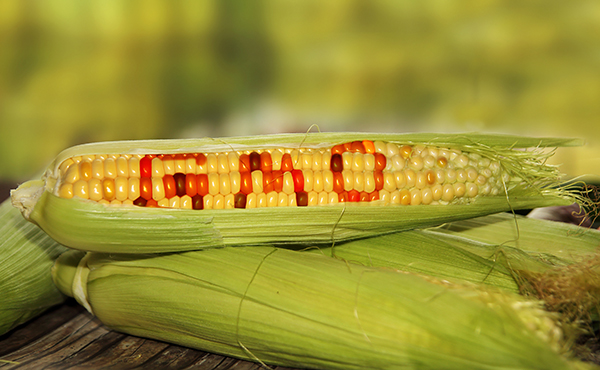
Research into the risks and benefits of probiotics is still in its early stages, but it seems that it may be medically useful as well. (Related: The benefits of Probiotics.)
Probiotic drinks could be a new weapon in battling antibiotic-resistant bacteria. A team of scientists from the University of Birmingham engineered and patented a genetic element they hope could mitigate antibiotic resistance in humans.
The team is currently seeking funding for a clinical trial for the drink, which can potentially work against many resistant bacteria such as E. coli, Salmonella and Klebsiella pneumoniae.
The probiotic drink works by targeting small DNA molecules inside bacterial cells. These molecules, called plasmids, carry genes that give resistance to antibiotics, which the bacteria can use. The plasmids shall then replicate independently spreading between bacteria while carrying resistance genes with them.
By preventing the target plasmids from replicating, the probiotics can displace the resistance genes available to the bacteria, making them sensitive to the antibiotics.
"We were able to show that if you can stop the plasmid from replicating, then most of the bacteria lose the plasmid as the bacteria grow and divide. This means that infections that might otherwise be hard to control, even with the most powerful antibiotics available, are more likely to be treatable with standard antibiotics," explained lead researcher Christopher Thomas.
Explaining pCure plasmids
PCure plasmids are contained in bacteria in the form of a drink (similar to probiotic drinks such as Yakult) and work in two ways: they prevent the resistance plasmids from replicating and they block "addiction systems" which the plasmids use to kill bacteria.
In this "addiction system," the resistance plasmid carries a stable toxin and an unstable antidote in the host cell. If the plasmid is lost from the cell, the antidote breaks down, but harmful toxins are left to attack the host. The pCure plasmids, however, carry the antidote to ensure that the cells that lose resistance plasmids survive and can thrive in the gut.
Thomas explained further, "We manipulated our pCURE plasmids to incorporate genes that block the replication of the resistance plasmid. We also target the plasmid's addiction system by designing our pCURE plasmids to ensure the antidote is still available to the host."
By doubling the number of copies of the pCure plasmid in each bacterium, it became effective at displacing different types of resistance plasmids. It would even spread through laboratory cultures to clear out resistance.
The team also collaborated with colleagues from the University of Sydney in Australia to test the pCure plasmids in mice. They found that the plasmids were effective, but that it needed to be "primed" by giving the mice an initial dose of antibiotic to reduce the number of competing bacteria.
The next step is to see whether or not the plasmids can spread fast enough to get rid of resistance plasmids in human volunteers.
"This is a promising start. We aim to make modifications to further improve the efficacy of our pCURE plasmids before moving towards a first clinical trial," Thomas said.
"Antibiotic resistance is one of the biggest medical challenges of our time," adds Professor Thomas. "We need to be tackling this on a number of different fronts including by reducing our use of antibiotics and searching for new, more effective drugs. Our approach, which tackles one of the causes of antimicrobial resistance at a genetic level, could be an important new weapon in this battle."
Read more about gut health at AlternativeMedicine.news.
Sources include:
Please contact us for more information.























